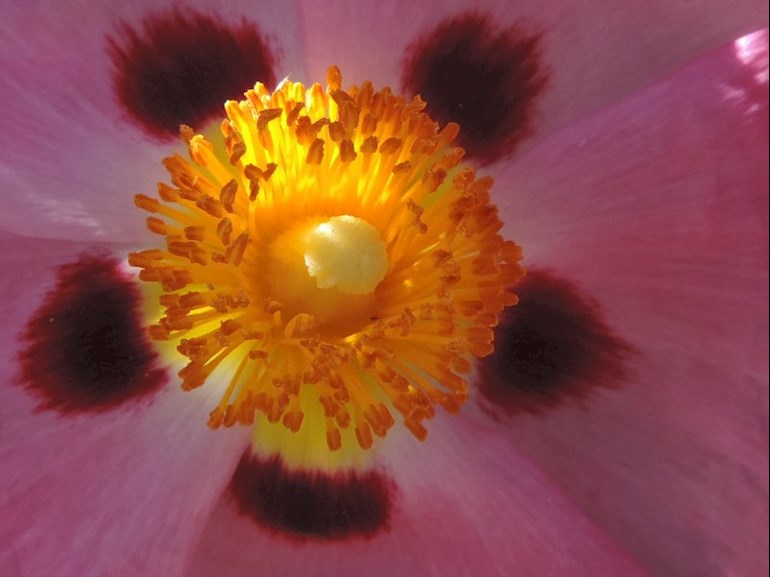Frequent had washing to avoid infection is of paramount importance to us, but it's hard to beat plain old soap where possible (solid, liquid or foam), with interim use of alcohol based hand gels. Both disrupt bacterial cell walls and bacteria can't develop resistance. en.wikipedia.org/wiki/Hand_... (Note the different recommendations for home and health care use.)
If the label on your hand soap proudly boasts that it kills 99 percent of germs, it might be time to stop using it. According to a consensus statement signed by over 200 scientists and medical professionals, there's no evidence that so-called antimicrobial chemicals actually do anything to prevent illness – and worse, they might be actively harming your health and the environment.
As a result of the Florence Statement in 2016, the US Food and Drug Administration (FDA) recently banned the use of triclosan and triclocarban, as well as 17 other microbial ingredients, in over-the-counter products like soaps.
Besides the obvious issue of the additives not doing what they're supposed to do, the Florence Statement cites studies suggesting that exposure to triclosan can make people more sensitive to food allergies and asthma, and negatively affect human reproduction and development. Increased use of antimicrobial products means we're not only exposing ourselves to these chemicals, but more of them are washing into the environment and affecting animals and ecosystems in similar ways.
Worse still, if they are effective at killing microbes, the chemicals could be contributing to the rise of the superbug, as bacteria continuously evolve stronger defences against our best antibiotics.
Full article: newatlas.com/antimicrobial-...
Neil
